Why Recycled Cardboard is the Key to a Sustainable Packaging Future
The demand for sustainable packaging solutions has never been greater, and recycled cardboard stands out as a pivotal element in this transformation. According to a report by Smithers Pira, the global market for sustainable packaging is projected to reach over $400 billion by 2027, driven by increased consumer awareness and regulatory pressures. Recycled cardboard, which is derived from post-consumer waste, not only significantly reduces landfill waste but also lowers the carbon footprint associated with packaging manufacturing.
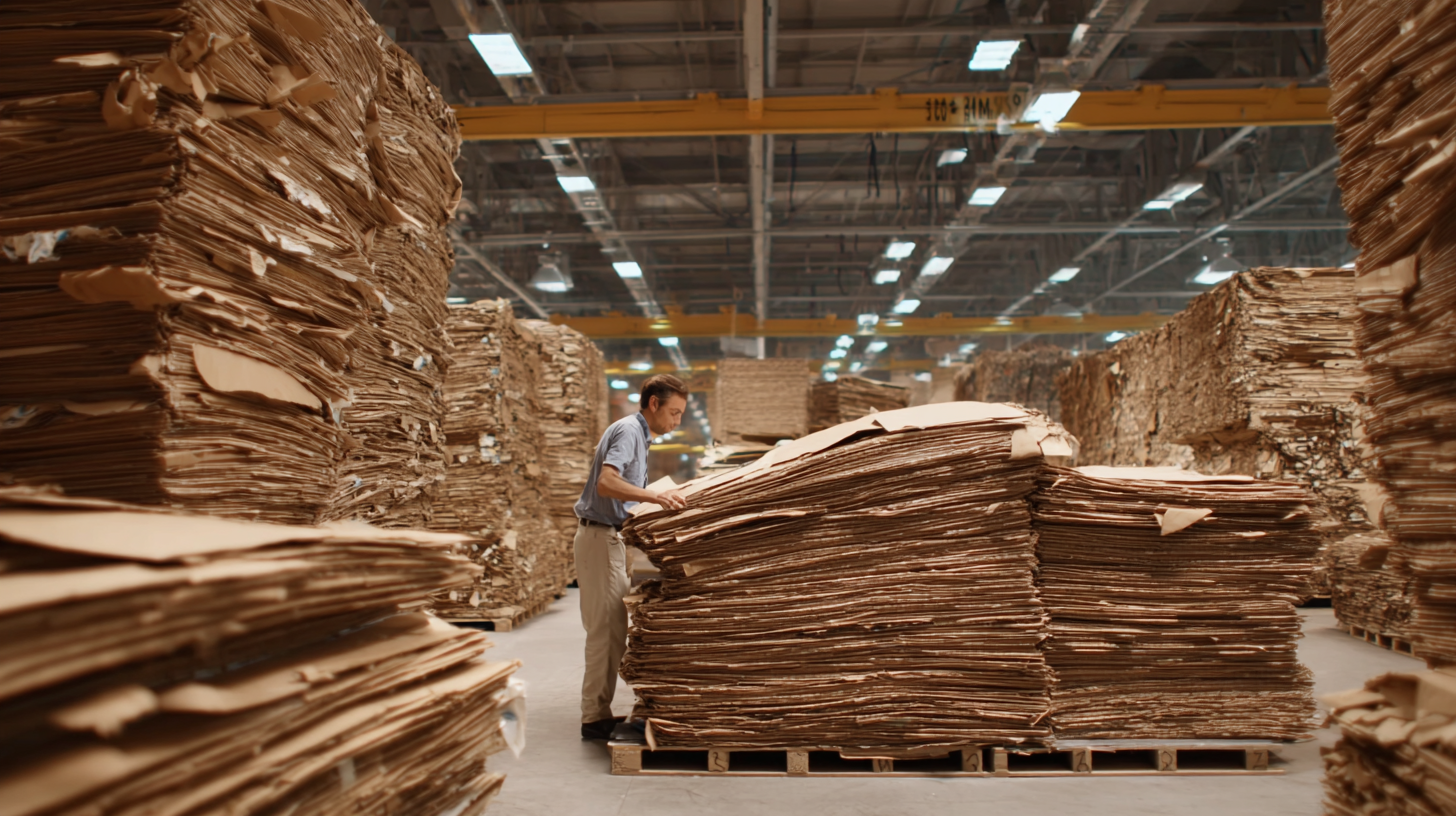
In fact, the use of recycled materials can decrease greenhouse gas emissions by up to 30%. As companies increasingly adopt circular economy principles, the reliance on recycled cardboard is set to grow, positioning it as a cornerstone of eco-friendly packaging strategies moving forward. The integration of recycled cardboard into supply chains not only addresses environmental concerns but also meets the demand for responsible consumerism, making it essential for a sustainable packaging future.
The Environmental Impact of Conventional Packaging vs. Recycled Cardboard
The rising environmental awareness is reshaping the food packaging landscape, making recycled cardboard an essential element for sustainability. Traditional packaging solutions, largely dominated by plastic due to their durability and cost-effectiveness, are now being scrutinized for their ecological impact. These materials contribute significantly to pollution and waste, pushing industries to seek alternatives that not only protect food but also minimize environmental footprints. Recycled cardboard presents a viable solution, offering a biodegradable option that reduces landfill waste while effectively maintaining food quality and safety.
Incorporating recycled cardboard into food packaging not only addresses environmental concerns but also opens up avenues for innovation within the sector. Companies are increasingly recognizing the potential of sustainable practices to enhance their market positions. As the demand for eco-friendly packaging grows, businesses are investing in intelligent designs that enhance user experience while adhering to sustainability goals. Furthermore, recycled materials can lead to cost savings in waste management and recycling processes, promoting a circular economy that benefits both companies and consumers alike.
Market Growth of Recycled Cardboard in the Packaging Industry
The packaging industry is experiencing a significant shift toward sustainability, driven by growing consumer awareness and demand for eco-friendly solutions. Recycled cardboard has emerged as a pivotal player in this transformation, with market growth reflecting a broader commitment to reducing waste and promoting circular economy principles. The increasing adoption of recycled cardboard in product packaging not only lessens the environmental impact of manufacturing new materials but also helps businesses meet regulatory requirements and consumer expectations for sustainable practices.

As more companies prioritize sustainable sourcing, the recycled cardboard market has expanded rapidly. Innovations in recycling technology have improved the quality and durability of recycled materials, making them more appealing for various applications. Moreover, businesses are recognizing that utilizing recycled cardboard can enhance their brand image and attract environmentally conscious consumers. This trend is expected to continue, with more industries embracing recycled cardboard as a standard practice in their packaging strategies, solidifying its role in the future of sustainable packaging.
Cost-Effectiveness of Using Recycled Cardboard for Businesses
Using recycled cardboard for packaging has emerged as a highly cost-effective solution for businesses aiming to adopt sustainable practices. The lightweight nature of ecological cardboard not only reduces shipping costs but also minimizes the overall carbon footprint associated with production and transportation. As consumer demand shifts towards eco-friendly options, businesses that transition to recycled materials can enhance their marketability while benefiting from reduced material costs.
Moreover, companies are increasingly recognizing that sustainable packaging solutions, such as recycled cardboard, can play a significant role in their supply chain efficiency. By implementing these materials, businesses can meet regulatory requirements and consumer preferences while also achieving long-term cost savings. As seen in recent trends, such practices not only appeal to environmentally conscious consumers but also help businesses optimize their operations, making recycled cardboard an integral part of a sustainable packaging future.
Why Recycled Cardboard is the Key to a Sustainable Packaging Future
| Dimension | Recycled Cardboard | Virgin Cardboard |
|---|---|---|
| Cost per Ton | $200 | $400 |
| CO2 Emissions (kg per ton) | 300 | 1000 |
| Water Usage (liters per ton) | 5000 | 10000 |
| Recyclability Rate | 90% | 70% |
| Weight per m² (gsm) | 250 | 300 |
Consumer Preferences: The Shift Towards Eco-Friendly Packaging Solutions
As consumers become increasingly environmentally conscious, the demand for eco-friendly packaging solutions has surged. According to a report by Grand View Research, the global green packaging market is expected to reach $1 trillion by 2027, growing at a compound annual growth rate (CAGR) of 5.7%. This indicates a significant shift in consumer preferences, with more individuals opting for brands that prioritize sustainability in their packaging choices.
Recycled cardboard, as a sustainable packaging material, plays a vital role in this shift. The Paper and Packaging Board highlights that using recycled materials can reduce greenhouse gas emissions by over 40% compared to virgin cardboard. Furthermore, industry studies reveal that nearly 74% of consumers are willing to pay more for products with sustainable packaging, emphasizing the importance for brands to adopt recycled cardboard to meet market demands. This trend not only benefits the environment but also fosters brand loyalty among eco-conscious consumers, driving a sustainable packaging future.
Consumer Preferences Towards Eco-Friendly Packaging Solutions
Sustainability Standards and Certifications for Recycled Cardboard Packaging
Sustainability standards and certifications are essential for promoting the use of recycled cardboard in packaging. Organizations are increasingly adopting rigorous criteria to ensure that their materials are sourced responsibly and sustainably. Certifications such as those from B Lab for B Corp status require companies to meet specific environmental and social benchmarks. These standards often include assessments of material sourcing, manufacturing practices, and end-of-life product options, enabling brands to make informed decisions about their packaging solutions.
Moreover, the introduction of eco-friendly packaging alternatives, such as FSC-certified paper bags, highlights the industry's shift towards more sustainable practices. These initiatives not only reduce environmental impact but also foster transparency and accountability within the supply chain. By adhering to established sustainability standards, companies can enhance their brand image and appeal to eco-conscious consumers while contributing to a more sustainable future for packaging.
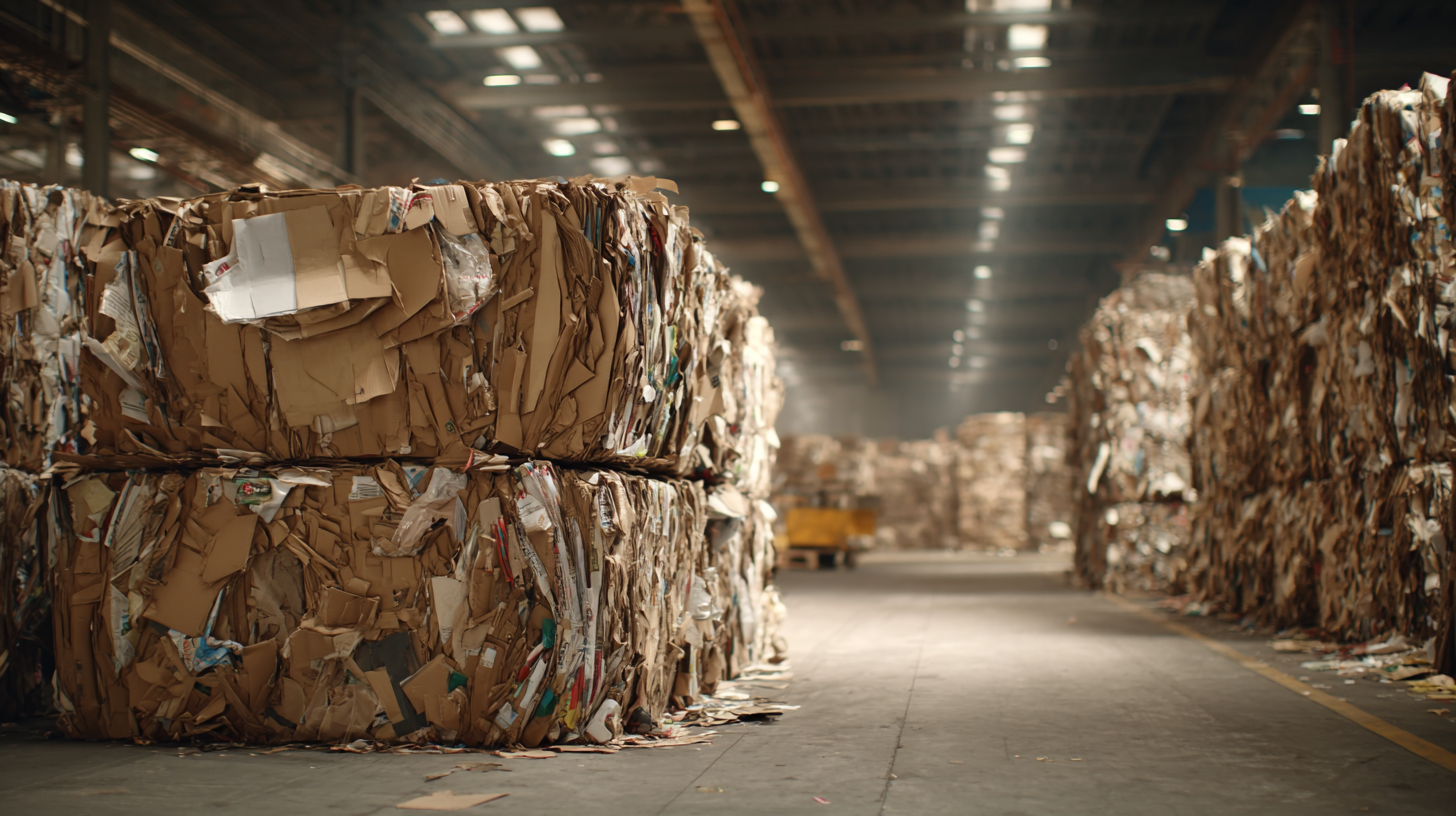
Related Posts
-
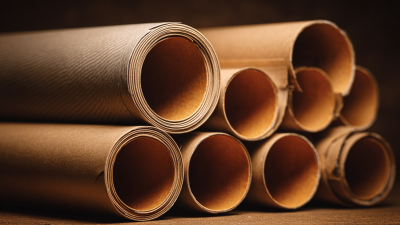
Essential Guide to Cardboard Postal Tubes: Choosing the Right Type for Your Shipping Needs
-
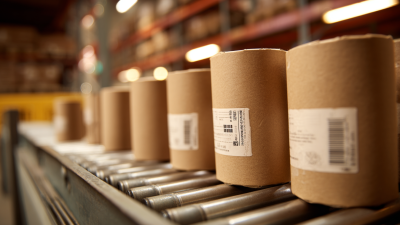
5 Essential Tips to Maximize Your Sourcing Strategy for Carton Tubes
-

Mastering A2 Postal Tubes Your Ultimate Guide to Perfect Packaging
-
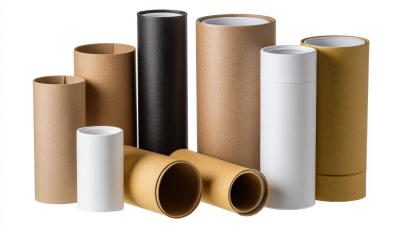
10 Best Postal Tube Sizes for Your Shipping Needs in 2023
-
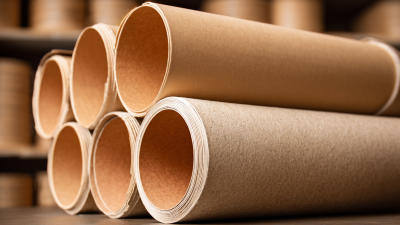
5 Essential Tips for Choosing the Right Heavy Duty Cardboard Tubes
-
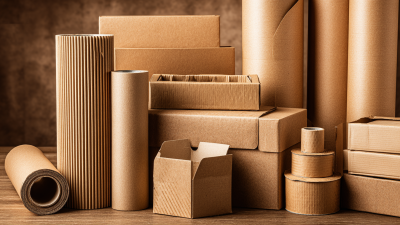
5 Fascinating Facts About Cardboard Packaging You Never Knew